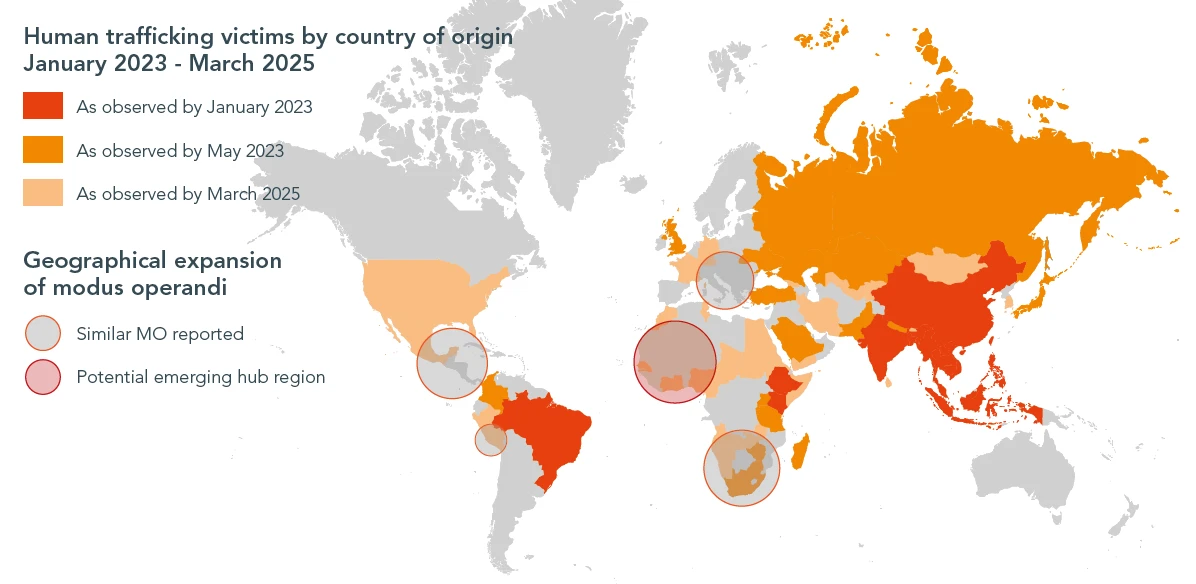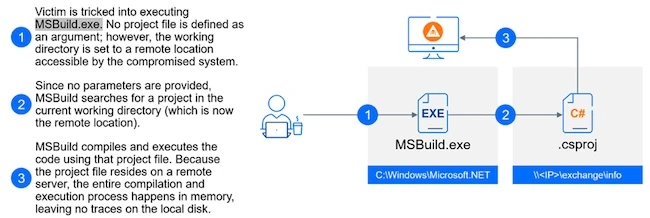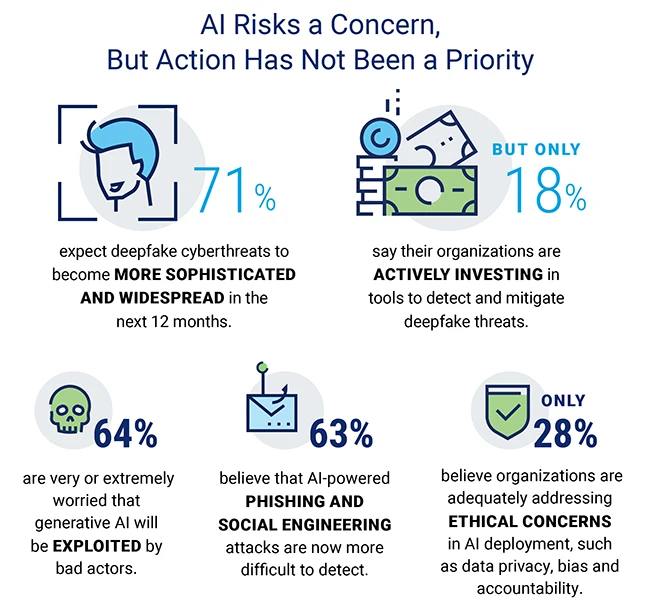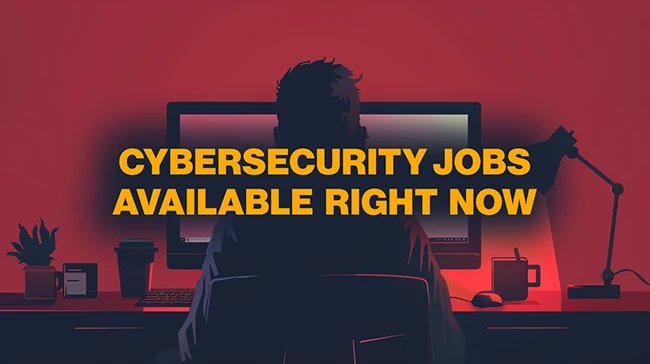3 important changes in how data will be used and treated
Regula has presented their vision of the developments that will shape the industry’s landscape in 2023. Deepfakes, new cyber-hygiene norms, and demand for mature ID verification platforms are among some of the predictions for the next year.
While more and more industries move their customer experiences to digital, online identity verification is becoming an essential part of our life. It lets people cope with all sorts of mission-critical activities online: opening bank accounts, applying for benefits, getting insurance payouts, and even getting medical advice.
Still, the security of the digital IDV process is the number one concern that is forming the industry’s landscape and driving the majority of significant changes.
Javelin Strategy & Research reports that in 2022, identity fraud and scams cost $52 billion and affected over 42 million people in the US alone. The rising number of identity fraud cases, along with fraudsters’ hunger for personal information collected by service providers, will lead to three important changes in how data will be used and treated:
- Even industries that are not so heavily regulated will invest more in the ID verification process, adding extra security layers. There will be more checks with increased complexity and additional steps in the verification process: biometric checks, verifying IDs, SMSs, and passwords, checking recent transactions, etc.
- This will lead to prioritization of comprehensive liveness checks to make sure that submitted documents are valid and really exist. An ID document contains various security features: holograms, elements printed with optical variable inks, and biometric data, to name a few, and an image of it should be taken using methods so that these elements can be captured and verified.
- Regula experts expect to see a push from users for more data protection rules, and for more transparency from online businesses. In the wake of multiple public disclosures of data leaks, users are gradually losing trust in how their data is treated and becoming more cautious about what they share with third parties and how. Addressing this trend, companies will attempt to bring that trust back via increased investments in customer data protection measures.
When it comes to more complex identity fraud cases related to synthetic media like deepfakes, experts expect to see a rise in amateur scam attempts along with the emergence of next-gen biometric-related fraud.
Both trends are developing in parallel and are powered by the same factor: the growing maturity and availability of machine-learning based technologies that make it possible to fake photos, videos, voices, and other characteristics previously considered unique.
Based on the opinion of Regula experts, all these trends will lead to a market that is developed enough to embrace mature end-to-end IDV solutions that are capable of not only verifying documents, but also biometric characteristics, like face, voice, and fingerprints.
“The good news is that minimal security measures are currently enough to repel 95% of possible attacks. The remaining 5% is where the difficulties lie. Now, most deepfakes are created for free, and they’re of such a quality that there’s no immediate danger. But that’s a matter of how many resources fraudsters will be willing to invest. At the moment, when they’re ready to spend significant amounts of money per deepfake, it’s a problem that requires interactive multi-layered protection. So if we picture the trends above as a scale, where convenience for the customer is on one end and security on the other, the balance is shifting to the latter,” notes Ihar Kliashchou, CTO at Regula.
In relation to this year’s trending topics — digital identity and decentralized identity — the company’s experts have their own take on that:
- In the ideal world, a universal digital identity would help eliminate most of the issues with fake identities. However, in reality, creating and gaining broad acceptance and implementation of a secure single source of truth is going to take a significant amount of time. Still, we’re already seeing more different local and even company-based digital identities trying to become a single source of truth on a local level.
- The idea of decentralized identity is going to be held back for some time. With the benefit of being built on blockchains and allowing users to control their digital identifiers, this system still comes with weaknesses. Since no one controls it centrally, no one will be responsible for it in case of any problems. Additionally, there is the matter of trust. Blockchain is strongly associated in people’s minds with crypto, and the FTX crash that has happened in the last couple of months has undermined people’s trust in it.
Source link






